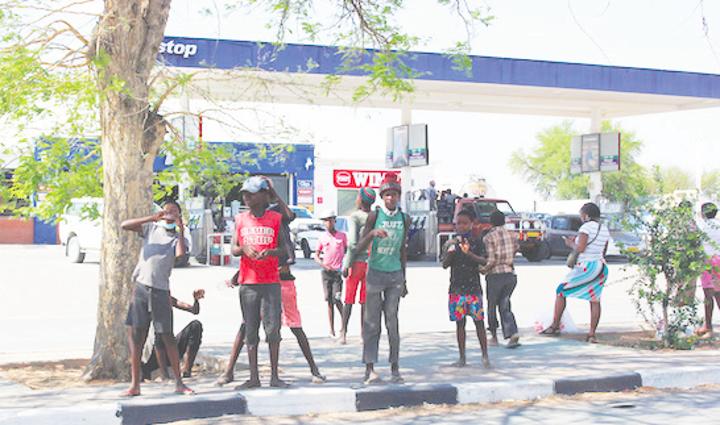Africa-Press – Namibia. MORE than 100 children living and working on the streets have been taken back to the classroom in the past year.
This is out of the 217 children who were reported to be on the streets two years ago. Chief children’s home superintendent at the Ministry of Gender Equality, Poverty Eradication and Social Welfare Maggy Katimba on Tuesday said the ministry has managed to reintegrate 154 children into boarding schools in and around Windhoek.
“We integrate them into schools to keep them away from the pull factors of the streets. We make sure they have access to education and have meals every day,” she said.
The University of Namibia, in collaboration with the then Ministry of Gender Equality and Child Welfare, two years ago did a study which found that 217 children were living on the streets of Windhoek and major towns of Namibia such as Gobabis, Swakopmund, Rundu, Keetmanshoop, and Karasburg.
This number has since grown, and the influx of these children creates challenges – especially if early intervention strategies are not employed to mitigate the problem.
Some 20 out of the 217 children have, however, struggled to return to a children’s home. Katimba said these children did not want to reintegrated into the school system, since they are teenagers and have never been to any class.
“We have seen children living and working on the streets increasing. ‘Children working on the streets’ refers to children who go to school, but beg on the streets after school.
“We have seen this especially increase during the Covid-19 pandemic,” she said. The ministry is currently reaching out to the four mothers of 11 children who are begging at Grove Mall in the capital.
“Many of them have indicated that they have lost their jobs and cannot find odd jobs,” Katimba said. She said there are also young people above 18 on the streets, who look younger due to stunted growth as a result of malnutrition.
“They look like 15 and 16 years old, while they are 20 or 21 years old. This is why the ministry came up with the idea of Farm Kaukurus where they can be taught skills. They want to learn,” she said.
Farm Kaukurus, which is in the Omaheke region, is the gender ministry’s response to the needs of children living and working on the street. The ministry initially focused on orphans only, but plans to include children with problem behaviours, as well as those in conflict situations, Katimba said.
Farm Kaukurus aims to support, train, and rehabilitate children living and working on the streets, as well as other vulnerable children in the country.
This is to ensure they become productive citizens through interventions aimed at prevention, early intervention, rehabilitation, and integration, Katimba said.
For More News And Analysis About Namibia Follow Africa-Press






